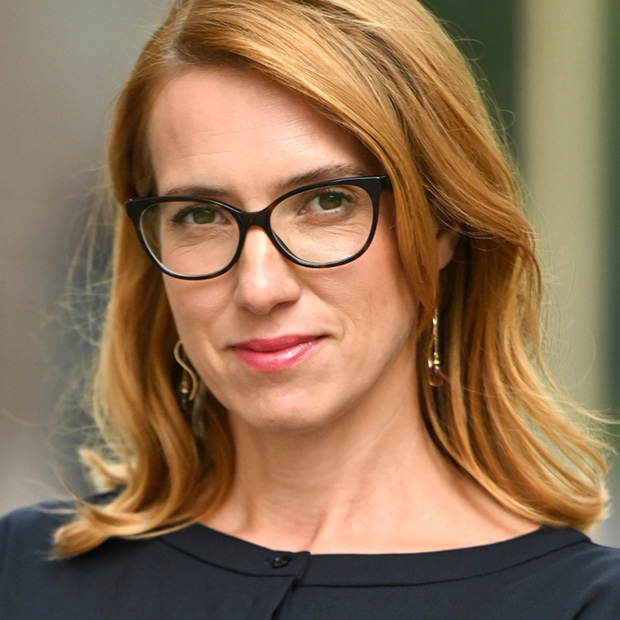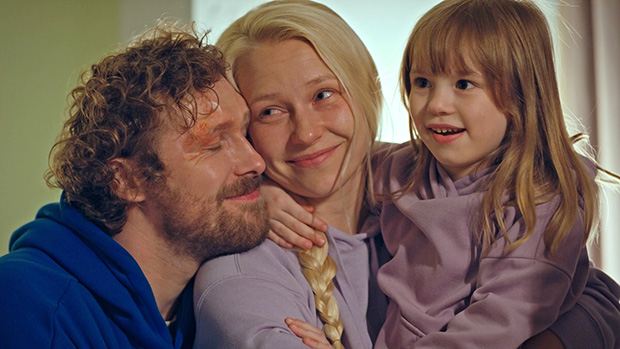 In spite of the war, Ukraine’s Film.UA Group enjoyed a busy 2023, but CEO Victoria Yarmoshchuk believes intra-CEE copros and properties with global appeal are vital to the resurgence of the country’s content industry.
In spite of the war, Ukraine’s Film.UA Group enjoyed a busy 2023, but CEO Victoria Yarmoshchuk believes intra-CEE copros and properties with global appeal are vital to the resurgence of the country’s content industry.
It is two years since Russia invaded Ukraine, but the nation’s embattled production sector remains defiantly open for business and international collaboration.

Victoria Yarmoshchuk
When Vladimir Putin’s troops launched a ground and air campaign at dawn on February 24, 2022, it marked the largest attack on a European country since the Second World War and was met with worldwide condemnation.
With Russian rockets raining down on civilian targets and tanks rolling towards Kyiv, everyday life in Ukraine’s capital ground to a halt, shops were boarded up and the streets fell eerily silent.
In the first few terrifying months of Russia’s attempted occupation, Ukraine’s audiovisual sector – like most other industries – was barely operational. At Kyiv-based Film.UA Group, one of the largest media groups in Central and Eastern Europe (CEE), the company’s studio complex was primarily used as a bomb shelter.
However, slowly but surely and against all the odds, the production powerhouse gradually, determinedly got back up and running, with many other prodcos and studios around the country following suit.
“Obviously, when the war started in 2022 it was very tough because everything stopped for a period of time,” says Victoria Yarmoshchuk, CEO of Film.UA Group. “The economy was in a major slowdown and we were trying to figure out what the new business models were, all the while continuing to work and hoping for better.
“But actually, amazing things started to happen in 2023 because global interest in Ukrainian content is now higher than ever. Our TV series and films travel very well. So here in Ukraine, we are still alive, very active and even optimistic.”
During the first few months of the Russian invasion, Film.UA began to distribute free packages of Ukrainian content to broadcasters and platforms around the world.
The programming bundles were intended, Yarmoshchuk says, “to spread Ukrainian content as widely as possible, let audiences know we exist, showcase the diversity of our culture and prove we produce a lot of great content.”
The campaign clearly worked, because by 2023 orders were rolling in for Film.UA’s diverse catalogue of drama, theatrical films, animation and documentaries.

Film.UA coproduced anthology series Those Who Stayed with SVT, DRK and YLE
Those Who Stayed is an anthology series made by Film.UA Group in coproduction with Sweden’s SVT, Norway’s NRK and Finland’s YLE. It is distributed internationally by Germany’s Red Arrow Studios International.
Telling the stories of ordinary people living in Kyiv after the Russian invasion, Those Who Stayed was streamed by Netflix in Ukraine and several European countries, as well as being picked up for broadcast in Iceland, Australia and France.
Film.UA has also partnered with Ukraine’s 1+1 Media to develop a slate of home-grown projects – a collaboration that has yielded 80×30’ scripted reality show Dream Catcher.
The company is also shopping a TV series based on the IP of Film.UA’s hit animated fantasy film Mavka: The Forest Song, to be produced by Ukrainian studio subsidiary Animagrad, with France’s TeamTo onboard as a development partner.
“At the beginning of the war, there was huge interest in our country from around the world,” says Yarmoshchuk. “But I’m convinced that no one now buys our content just because they want to help, support or show solidarity with us.
“Our clients acquire our content because it is of high quality, their viewers enjoy it and it contributes to their business. That was always our strategy and I think we achieved it.”
Putting Film.UA’s accomplishments to one side, Yarmoshchuk says expanding Ukraine’s international footprint is vital to the country’s entire production industry.
With the state committed to financing its military’s defence against Russian forces, the Ukrainian screen sector must now look abroad for investment and financing.

Mavka: The Forest Song is produced by Film.UA’s Animagrad Studio
“We can only count on commercial revenues because state support is still not available here,” says Yarmoshchuk. “But now we’ve proved that we can monetise this business with private money from both Ukraine and further afield.
“At Film.UA, we have a strategy to create as many international coproductions as we can. Our success with Mavka is an example of how Ukraine can export its own IPs to the global market.
“Another great thing is that the advertising market in Ukraine rose 60% last year compared with 2022, which means there is actually money to invest in production and development.”
While establishing partnerships in Western Europe, the Nordics and distant countries such as Australia has proven fruitful, fostering relationship with Ukraine’s near neighbours is a much trickier process.
Intra-CEE copros can be difficult to navigate due to the region’s complex political tensions and historical baggage.
“Coproduction in Eastern Europe is hard,” Yarmoshchuk concedes. “Geographically, we may be close, but the history of relations between countries in this region is very complicated.
“But in the future it’s important for Eastern European countries to collaborate between themselves because we are all small economies with limited resources. If we really want to produce truly great content with international appeal, we must work together.”
Domestically, however, the prospects look much more encouraging. In pre-war years, Russian-produced content took up a substantial portion of TV schedules in Ukraine.
Now, quite understandably, Ukrainian audiences have zero appetite to watch programming made by their oppressor. The situation has created record demand for home-grown content, with the nation’s prodcos eager to provide it.
“There were huge amounts of entertainment content coming from Russia before, but obviously no one wants to see it anymore and it has to be replaced with something,” says Yarmoshchuk.

Film.UA partnered with Ukraine’s 1+1 Media on scripted reality show Dream Catcher
“Viewers in the Ukraine are very much looking for local content. Previously, our TV channels were commissioning productions, but now they collaborate with prodcos and studios as coproducers. This is why we have created partnerships with companies such as 1+1.
“Local streaming platforms such as Kyivstar, Megogo and Sweet TV also now understand that they need local stories to help grow a sustainable base of subscribers.”
The early months of the conflict saw almost all of Ukraine’s channels dominated by rolling news, political debate, documentaries and war reportage. Now, however, audiences are increasingly inclined to seek out more escapist fare.
“There was a big debate in our society about whether it’s an appropriate time to screen comedy shows again – and the answer was a confident ‘yes.’” says Yarmoshchuk.
“Life can be hard here when you see the war outside of your window every day. So people really need to escape from their problems by watching entertainment content. If we didn’t provide it for the people, they would go and watch pirated content on the internet instead.
“In 2022, we produced the third season of our comedy series Crazy Neighbours, and now our studios are making feature films and dramas. Last year we produced 120 hours of entertainment TV series not related to the war at all.”
Although the security situation in Ukraine has improved – Yarmoshchuk describes Kyiv and parts of western Ukraine as being “more or less safe now” – it will likely be some time before the country can once again welcome international film crews.
“The main problem for our country is still, of course, the war,” she says. “Some brave content makers have come here to shoot in the Ukraine, but in the main we can’t host international productions.
“The war still brings some corrections to shooting plans and sometimes we need to hide in shelters. But our industry is healthy and we can contribute to international productions with our resources and ideas.
“If it’s not possible to shoot in Ukraine, we still have great post-production facilities, VFX and CGI services, dubbing, voiceover, subtitles.
“We are very flexible and we don’t ask for help – I don’t like that word. We just want to be part of the process and that’s absolutely possible for Ukraine right now.”














































